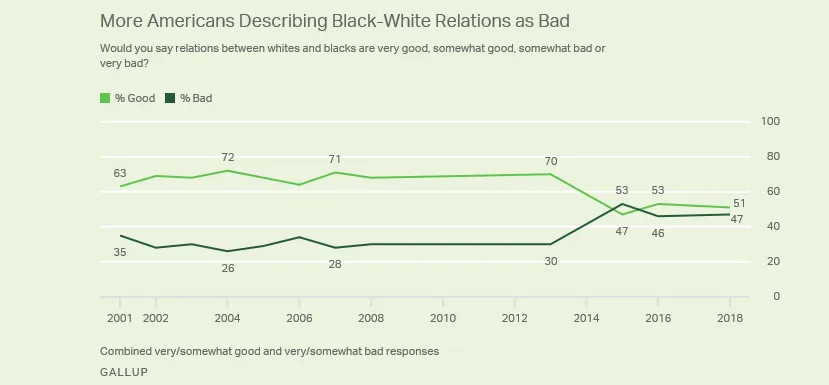QUESTION ASKED AND ANSWERED: The South Park Rules: How to do Taboo Comedy Without Getting Cancelled.
South Park offers a giant, yet rather inscrutable, example of how to succeed with dangerous comedy.
I’m mostly groping in the dark too, but gather round, you ambitious youngsters. As far as I can tell, here are South Park’s rules for cancel culture immunity:
- Be really funny
- Make fun of everything
- Make industry gatekeepers wealthy
- Get famous before 2013
Sorry up-and-comers, #4 is going to be tough for you to achieve. And what’s so special about 2013 you ask?
That’s about the time The Maddening began.
Teen anxiety and depression shot up. Race relations, which had been chugging along quite well for years, suddenly got much worse. Innovations like “liking” and “retweeting” turned social from a mostly harmless novelty into a tool that allowed online mobs to burn witches and torch dissenters.
More on The Maddening here, and its dramatic impact on young people: How smartphones are dooming a generation.
[Jonathan Haidt] argues that the tools of social media are just too sharp for young minds. On digital platforms teens parade themselves, often to an audience of strangers, and this is leading to addiction, paranoia and despair. For girls, the effect is especially acute. “What we’re seeing is a very sharp, sudden change in girls’ mental health all around the Anglosphere and the Nordic countries,” he says. A big change was evident from 2013, when physical friendship groups started to be supplanted by smartphones and online chat. “But you cannot grow up in networks. You have to grow up in communities.”
It is striking that boys who have religion in their lives seem to be less susceptible. “If you’re a kid who’s a religious conservative, on average, your mental health is not really much worse than it was ten years ago. But if you’re a secular liberal girl, you’re probably more than twice as likely to have a mental health problem.” He cites a University of Michigan survey into “self-derogation” — i.e., how likely teenagers are to say they are “no good” or “can’t do anything right.” Figures had been stable for years but started rising sharply ten years ago — except for among boys who identified as conservative and said that religion was important to them.
Faith, it seems, does not help girls as much. Why not? One theory is that girls simply use social media more. But Professor Haidt also thinks they are more likely to buy into what he calls the “three great untruths” of social media. The first is that they are fragile and can be harmed by speech and words. Next, that their emotions, and especially their anxieties, are reliable guides to reality. And finally, that society is one big battle between victims and oppressors. All this, he says, is the subtext to social media discourse.
Exit quote: “It’s what I’ve been calling the phone-based child,’ he says. ‘For all human history, millions of years, all mammals play. Anyone who has had a puppy knows it’s all about play. So we had play dates in childhood, up until around 2010.’”

